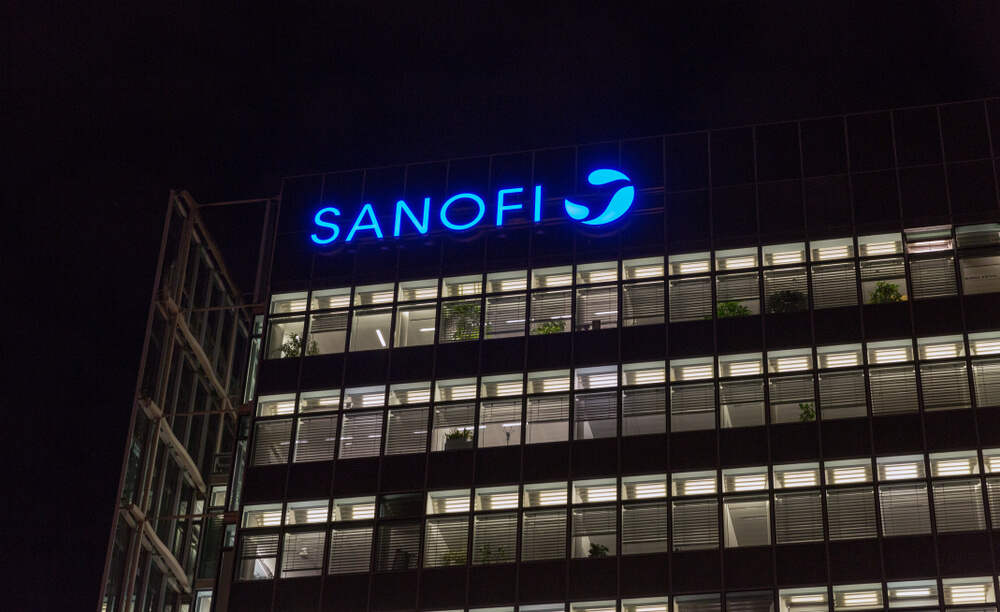



Get new exclusive access to healthcare business reports & breaking news




Sanofi, a leading global vaccine manufacturer, has experienced a major setback in its goal of quickly producing a Covid-19 vaccine. The issue pushes the release of Sanofi Pasteur’s vaccine, back from the first few months of 2021 into the second half of the year, pending approval.
The setback is a disappointment for Sanofi as well as GlaxoSmithKline, its development partner. Both companies have commitments with several countries, including the European Union, the United States, and Great Britain.
This month, Sanofi had planned to begin Phase 3 trials of the vaccine, and had estimated it could produce 100 million doses of vaccine by the end of 2020, and 1 billion doses in 2021.
The setback is contingent upon poor results in older adults in Sanofi’s Phase 1 and 2 trials; the company traced the issue back to a deficient formulation of the vaccine, reported Su-Peing Ng, global medical head for Sanofi Vaccines. Ng further stated that both Sanofi and GlaxoSmithKline are committed to continuing to develop the vaccine, and plan to begin a Phase 2b trial early in 2021.
“We’re disappointed with the delay,” Ng said. “However, I think that we’re pleased to have enough information, and enough results from preclinical and clinical studies to indicate a path forward. We need to optimize the formulation.”
Older participants in the trial were given an insufficient amount of the vaccine. While the sub-par dose generated an adequate level of neutralizing antibodies in younger adults aged 18 to 49, adults 60 and older generated a lower level of neutralizing antibodies, compared to those found in the blood of those who have recovered from Covid-19.
Confused by the trial results, Sanofi set out to discover why their vaccine underperformed with older trial participants. The company found that two commercial reagents used to gauge how much active vaccine was actually in each dose were giving false readings. The fact is, the concentration of the active vaccine was actually insufficient.
An amended formulation, recently tested on non-human primates, demonstrated that the vaccine prevented damage to the lungs; lung damage is what actually triggers a severe case of Covid disease in humans. The revised vaccine formulation also rapidly cleared the virus.
The path to approval and deployment for Sanofi’s vaccine will be more challenging due to this delay, since placebo-controlled trials may not be workable for much longer, and competing vaccines have already been launched. If the public has access to an already authorized vaccine, they won’t be motivated to enroll in a vaccine trial where they may only receive a placebo.
Sanofi understands this, and has proposed to the FDA that its Phase 2b trial compare its vaccine to one that’s already available, not a placebo.
“To confidently provide that our vaccine meets the expected standard of care, we want a comparison with an authorized Covid-19 vaccine instead of a placebo,” Ng said.
That sort of comparison would set a high standard for the Sanofi vaccine. The Pfizer vaccine is already available, with a reported vaccine efficacy of around 95% in their Phase 3 trials. If Sanofi’s vaccine can’t reach that level of efficacy, bringing it to market may be in doubt.
“That’s up to the regulators,” Ng said. She adding that “for the public to feel confident when choosing a vaccine, it would have to be very close to what’s now been established.”
Pfizer has already received emergency use authorization from the FDA, and the vaccine rollout in the United States is already underway. Johnson & Johnson’s phase 3 vaccine trial, is about to finish enrollment. Johnson & Johnson is the only one-dose vaccine currently in clinical trials, and if it proves effective, it could get an Emergency Use Authorization in the first quarter of 2021.
The Sanofi vaccine does have one potential advantage over the Pfizer and Moderna vaccines; it doesn’t need ultracold storage and can be kept in an ordinary refrigerator. This will make it much easier to transport and distribute.
Sanofi used the same approach for its COVID-19 vaccine as it uses for its flu vaccine, Flubok. In theory that’s an advantage; the FDA knows how this vaccine development system works. Sanofi is developing a recombinant protein vaccine, using the spike protein of the SARS-CoV-2 virus. Sanofi generates the spike protein in insect cells.
Sanofi is also developing a second type of COVID-19 vaccine, a messenger RNA vaccine. The Pfizer and Moderna vaccines are mRNA vaccines. For this vaccine, Sanofi is collaborating with a Lexington, Mass.-based biotech, Translate Bio. Clinical trials for Sanofi’s mRNA vaccine have not yet been launched.